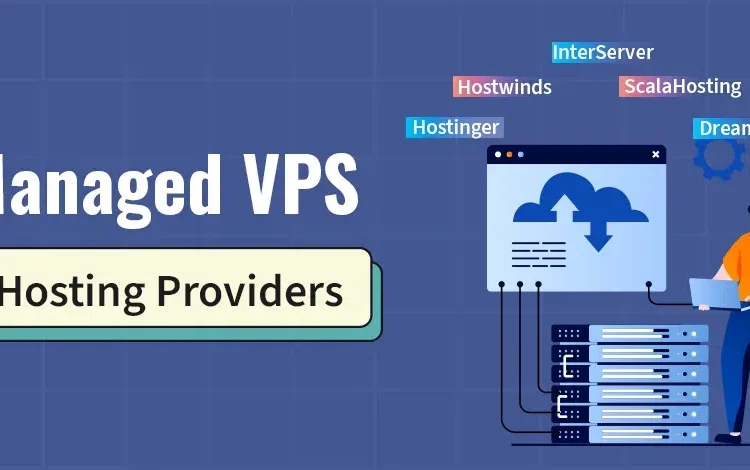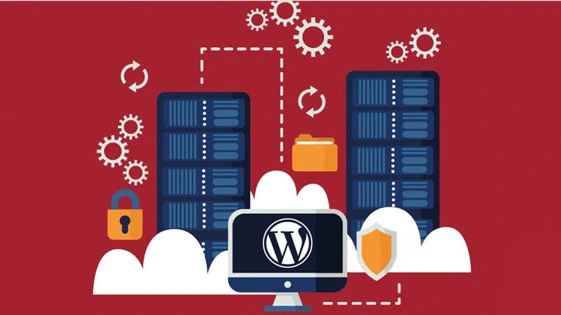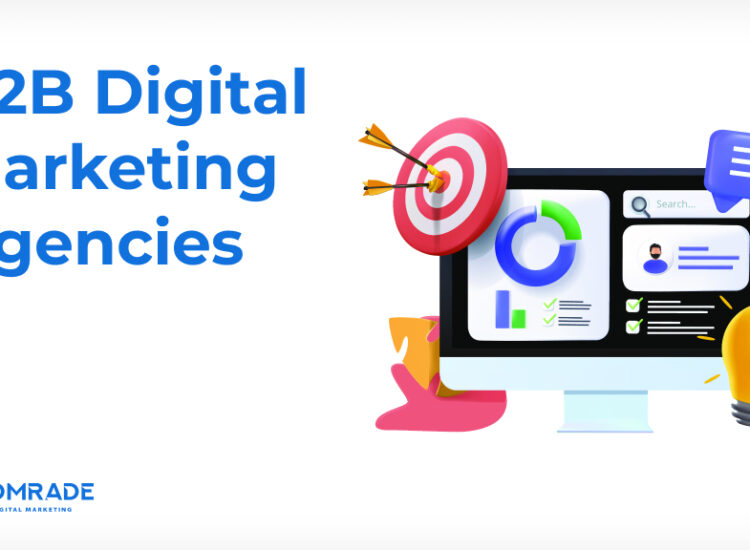In 2024, virtual private server (VPS) hosting stands out as a vital asset for small businesses aiming to enhance their online presence. As e-commerce continues to flourish, a reliable hosting solution is essential for maintaining website performance during high-traffic periods, such as holiday sales. This is where top VPS hosting becomes a game-changer, providing the necessary infrastructure to optimize business operations and drive success.
Toc
- 1. Understanding the Benefits of VPS Hosting
- 2. Exploring the Different Types of VPS Hosting
- 3. Choosing the Right VPS Hosting Plan
- 4. Related articles 01:
- 5. Key Considerations for Choosing a Provider
- 6. Tips for Optimizing Your VPS Hosting for Small Business Success
- 7. Related articles 02:
- 8. FQAs about VPS Hosting for Small Businesses
- 9. Conclusion: Unlock the Power of VPS Hosting for Your Small Business
VPS hosting has fundamentally changed how small businesses manage their digital footprint. Gone are the days of depending solely on shared hosting, which often compromises performance and security as traffic surges. Top cloud VPS hosting offers dedicated server resources, enhanced security, and the flexibility to scale alongside your business.
Understanding the Benefits of VPS Hosting
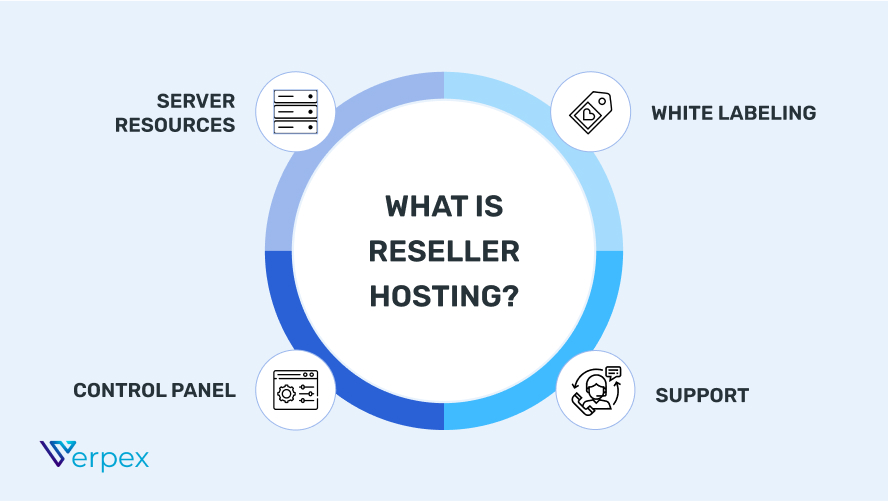
One of the primary advantages of VPS hosting for small businesses is improved website performance. With dedicated CPU, RAM, and storage, your website can handle a higher volume of traffic, load faster, and deliver a seamless user experience. As your business blossoms and attracts a growing online audience, robust website performance becomes paramount, ensuring a seamless user experience and driving customer satisfaction.
For instance, a small e-commerce store using shared hosting might experience slow loading times during peak traffic hours, leading to customer frustration and potential lost sales. By switching to VPS hosting, the store can dedicate more resources to handling these traffic spikes, ensuring smooth browsing and checkout experiences, even during busy periods.
Moreover, VPS hosting offers enhanced security features, such as dedicated firewalls, intrusion detection systems, and regular backups, ensuring that your website and your customers’ data remain safe from potential threats. This level of security is essential for small businesses that handle sensitive information or e-commerce transactions. VPS hosting helps protect your website from malicious attacks, data breaches, and other security threats, safeguarding your business’s reputation and customer trust.
Lastly, VPS hosting is a cost-effective solution that provides a balance between the affordability of shared hosting and the power of dedicated servers. For example, a small business might pay around $5-$10 per month for a shared hosting plan, while a VPS hosting plan with similar resources might cost $20-$50 per month. While the initial investment is higher, the increased performance, security, and scalability offered by VPS hosting can lead to significant long-term cost savings by avoiding downtime and mitigating security risks. This makes it an attractive option for small businesses looking to scale their online presence without breaking the bank.
Exploring the Different Types of VPS Hosting
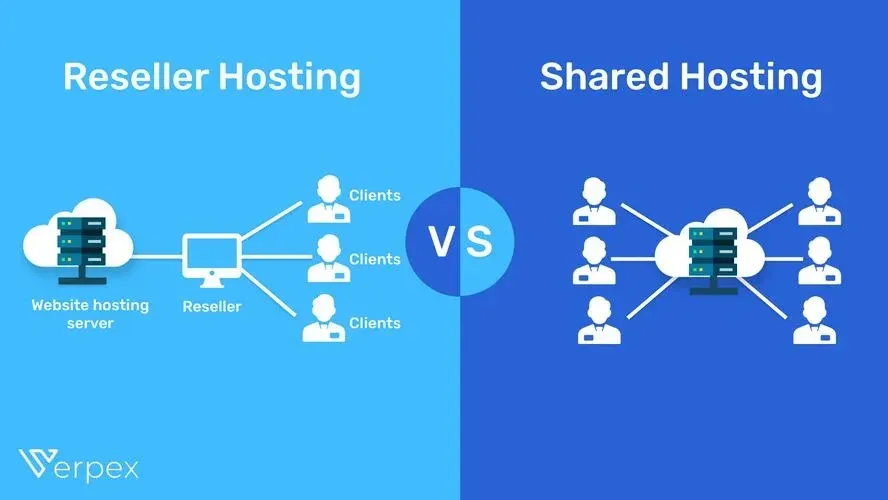
When it comes to VPS hosting, there are two main types to consider: managed and unmanaged.
Managed VPS Hosting
In a managed VPS hosting scenario, the hosting provider takes care of the server management tasks, such as software updates, security patches, and server monitoring. This is an ideal option for small business owners with limited technical expertise, as it allows them to focus on their core business activities.
Unmanaged VPS Hosting
With an unmanaged VPS, the small business owner is responsible for managing the server, including software installations, configurations, and maintenance. This option offers more control and flexibility, but it requires a certain level of technical proficiency or the willingness to learn. Depending on your team’s technical skills and the resources available, you can choose the VPS hosting plan that best suits your small business needs.
Choosing the Right VPS Hosting Plan
When it comes to selecting the right VPS hosting plan, it’s crucial to evaluate your specific needs and understand the differences between the available options. This includes assessing your website’s traffic patterns, resource requirements, and future growth plans. By aligning your choice with these factors, you can ensure that your business benefits from a good VPS hosting solution.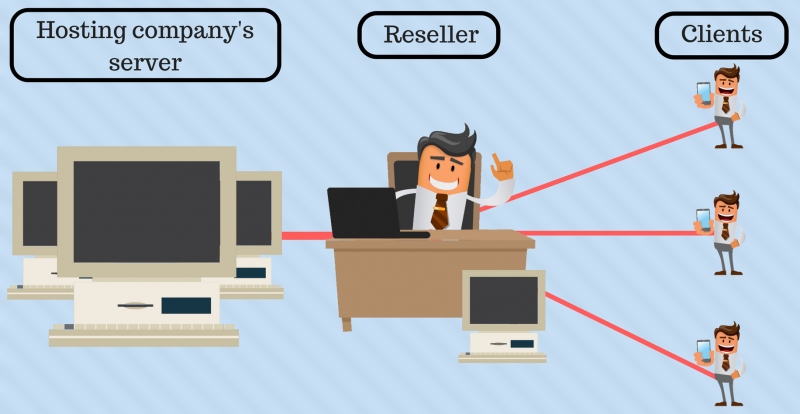
1. https://redcar.com.vn/archive/1816/
2. https://redcar.com.vn/archive/1814/
3. https://redcar.com.vn/archive/1813/
When searching for the best VPS hosting provider for your small business, several top contenders are worth considering. Here are a few good VPS providers that have proven to be reliable and feature-rich:
Hostinger: Affordable and Feature-Rich VPS Hosting
Hostinger is a popular choice among small business owners due to its affordable pricing and impressive array of features. Their VPS hosting plans offer high-performance hardware, including NVMe SSD storage, and come with a user-friendly control panel that makes server management a breeze. Additionally, Hostinger’s VPS plans include essential security features, such as weekly backups and a built-in monitoring tool, ensuring your website’s safety and reliability.
LiquidWeb: Enterprise-Grade Stability and Security
If you prioritize stability and security, LiquidWeb’s VPS hosting plans are worth a closer look. This provider focuses on delivering enterprise-grade hosting solutions, with features like a 100% uptime guarantee, free Acronis Cyber backups, and robust security measures. While LiquidWeb’s pricing may be slightly higher than some competitors, the level of reliability and support it offers can be a game-changer for small businesses.
RoseHosting: Fully Managed VPS for a Hands-Off Approach
For small business owners who prefer a hands-off approach to server management, RoseHosting’s fully managed VPS hosting may be the ideal solution. With this service, the hosting provider takes care of all the technical tasks, including server setup, software installation, and performance optimization. RoseHosting also provides 24/7 customer support, ensuring that any issues are promptly addressed.
In addition to these top providers, there are several other reputable VPS hosting options for small businesses, such as Ultahost, TransIP, Cloudzy, Hostwinds, Mochahost, Contabo, VPS2Day, and Time4VPS. Each of these providers offers unique features and pricing structures, so it’s essential to evaluate your specific needs and find the one that best aligns with your small business requirements. One notable trend in VPS hosting is the increasing adoption of containerization technologies like Docker. Containers allow for more efficient resource utilization and faster application deployment, making them ideal for small businesses running complex web applications or microservices. Several VPS providers now offer containerized hosting solutions, allowing businesses to leverage these benefits while enjoying the scalability and security of VPS.
Key Considerations for Choosing a Provider

When selecting a VPS hosting provider for your small business, it’s crucial to consider several key factors to ensure you make the right decision. Here are some essential elements to keep in mind:
Performance and Reliability
Look for a VPS hosting provider that offers a high uptime guarantee, typically 99.9% or better. This ensures that your website remains accessible and online, avoiding costly downtime that can harm your customer experience and reputation. Additionally, consider the server resources, such as CPU cores, RAM, and storage, to ensure your VPS can handle the demands of your website and anticipated growth.
Scalability and Growth
As your small business expands, your hosting needs will likely grow as well. Choose a VPS hosting provider that offers easy and affordable options to upgrade your server resources, such as adding more CPU cores, RAM, or storage. This will allow you to scale your hosting plan seamlessly as your business and website traffic increase.
Security and Data Protection
Protecting your website and your customers’ data is of utmost importance. Look for a VPS hosting provider that offers robust security features, including DDoS protection, free SSL certificates, and regular data backups. This will help safeguard your online presence and maintain the trust of your customers.
Customer Support and Resources
When running a small business, reliable and responsive customer support can make all the difference. Opt for a VPS hosting provider that offers 24/7 support through multiple channels, such as live chat, phone, and email, and has a knowledgeable team capable of addressing any technical issues you may encounter. Additionally, look for providers that offer comprehensive documentation and a helpful knowledge base to assist you with troubleshooting and server management.
Tips for Optimizing Your VPS Hosting for Small Business Success
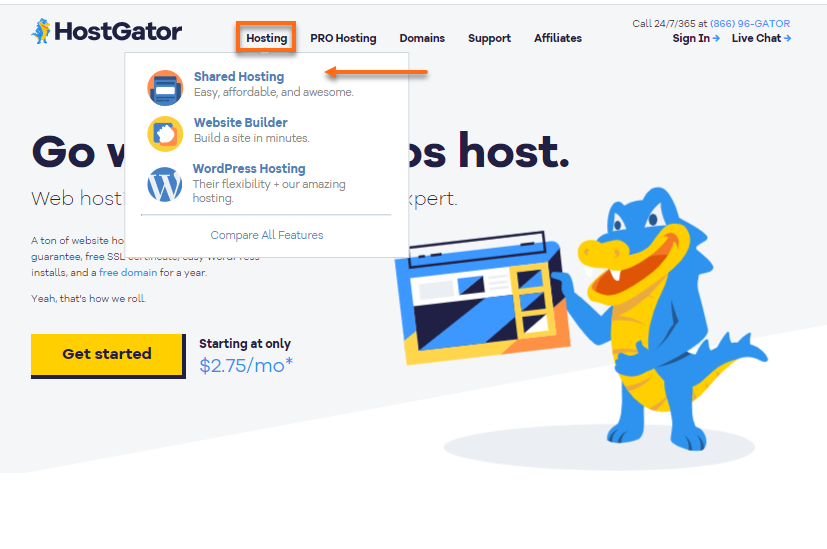
Once you’ve chosen the right VPS hosting provider for your small business, there are several steps you can take to optimize your hosting setup and ensure maximum efficiency and performance:
1. https://redcar.com.vn/archive/1813/
2. https://redcar.com.vn/archive/1817/
3. https://redcar.com.vn/archive/1816/
- Monitor Server Performance: Regularly check your server’s resource utilization and identify any potential bottlenecks or areas for improvement.
- Optimize Website Code and Content: Ensure your website’s code is optimized for speed, and compress images and other media to reduce loading times.
- Implement Caching Mechanisms: Use caching plugins or server-side caching to store frequently accessed data, reducing the load on your VPS.
- Utilize Content Delivery Networks (CDNs): Distribute your website’s content across multiple servers worldwide to improve loading times for your visitors, regardless of their location.
- Keep Software and Security Updates Current: Regularly update your server’s software and security patches to maintain optimal performance and protect against vulnerabilities.
- Implement a Robust Backup Strategy: Ensure you have a reliable backup system in place to safeguard your data against accidents, hardware failures, or cyberattacks.
By following these tips, you can maximize the benefits of your VPS hosting and ensure that your small business website operates at its best, delivering an exceptional user experience and supporting your growth. Edge computing is gaining traction as a way to improve website performance and reduce latency for users. By deploying content and applications closer to users, edge computing can significantly enhance website speed, particularly for geographically dispersed audiences. Some VPS providers are now offering edge computing solutions, allowing businesses to leverage this technology and further optimize their website performance.
FQAs about VPS Hosting for Small Businesses
What is the difference between shared hosting and VPS hosting?
The primary difference lies in the level of resources and isolation. Shared hosting means your website shares server resources with other websites, while VPS hosting provides you with dedicated resources, such as CPU, RAM, and storage, within a virtual private environment. This results in better performance, security, and scalability for your small business website.
How much does VPS hosting cost?
VPS hosting prices can vary widely, ranging from around $5 per month to $100 per month or more, depending on the provider, the server resources included, and any additional features or services. Factors such as the number of CPU cores, RAM, storage space, and data transfer limits can all influence the pricing.
Do I need managed or unmanaged VPS hosting?
The choice between managed and unmanaged VPS hosting depends on your technical expertise and the resources available within your small business. Managed VPS hosting is ideal for those with limited technical skills, as the provider handles server management tasks. Unmanaged VPS hosting offers more control and flexibility but requires a certain level of technical proficiency or the willingness to learn.
What are some common use cases for VPS hosting for small businesses?
VPS hosting is suitable for a variety of small business applications, including e-commerce websites, high-traffic blogs, resource-intensive web applications, and any website that requires more performance, security, and scalability than what shared hosting can provide.
Conclusion: Unlock the Power of VPS Hosting for Your Small Business
As a small business owner, choosing the right VPS hosting provider can be a game-changer for your online presence. By leveraging the power and flexibility of VPS hosting, you can improve your website’s performance, enhance security, and scale your operations as your business grows. Take the time to research and evaluate the top VPS hosting providers, considering factors such as performance, scalability, security, and customer support, to find the solution that best fits your small business needs.
Remember, the key to success lies in optimizing your VPS hosting setup and continuously monitoring your website’s performance. By implementing best practices and taking advantage of the features offered by your chosen provider, you can unlock the full potential of VPS hosting and drive your small business’s online success in 2024 and beyond.

